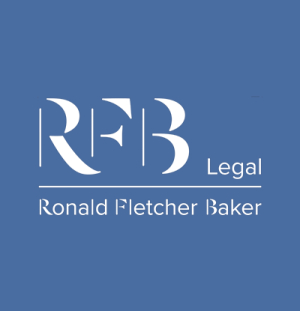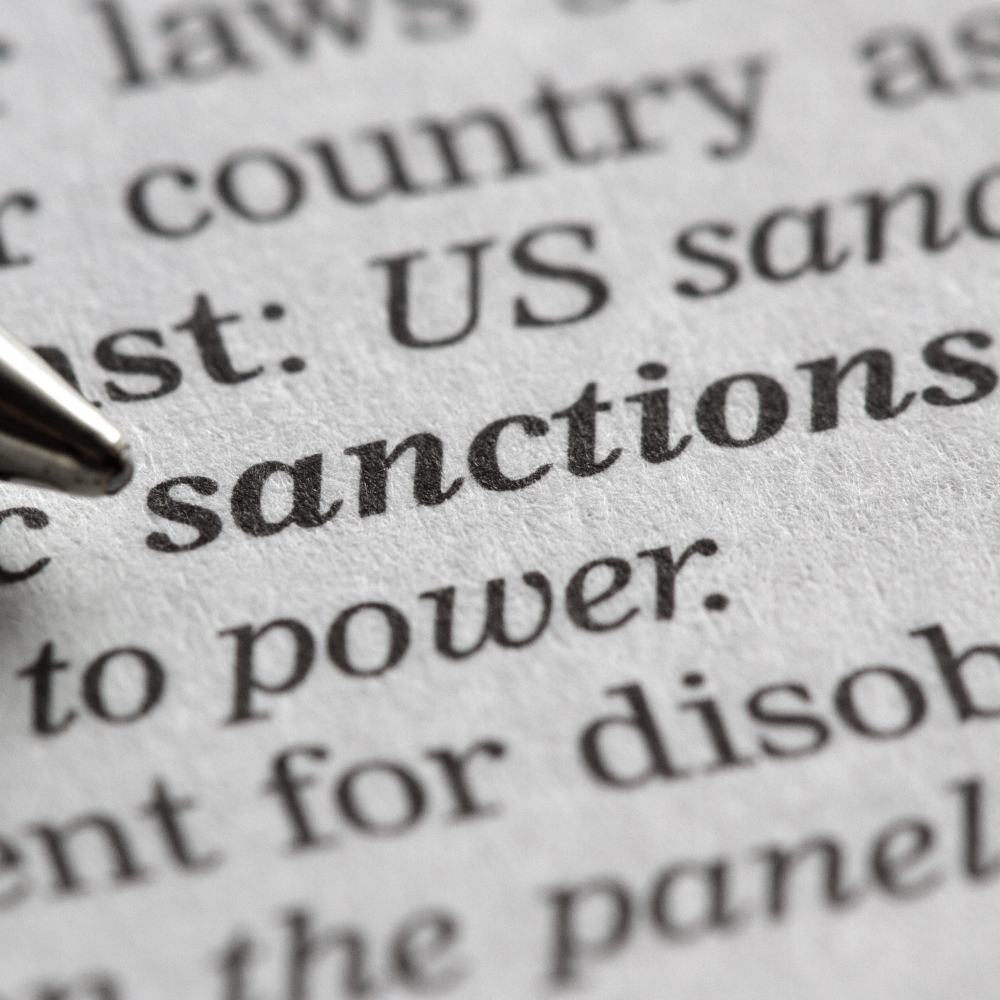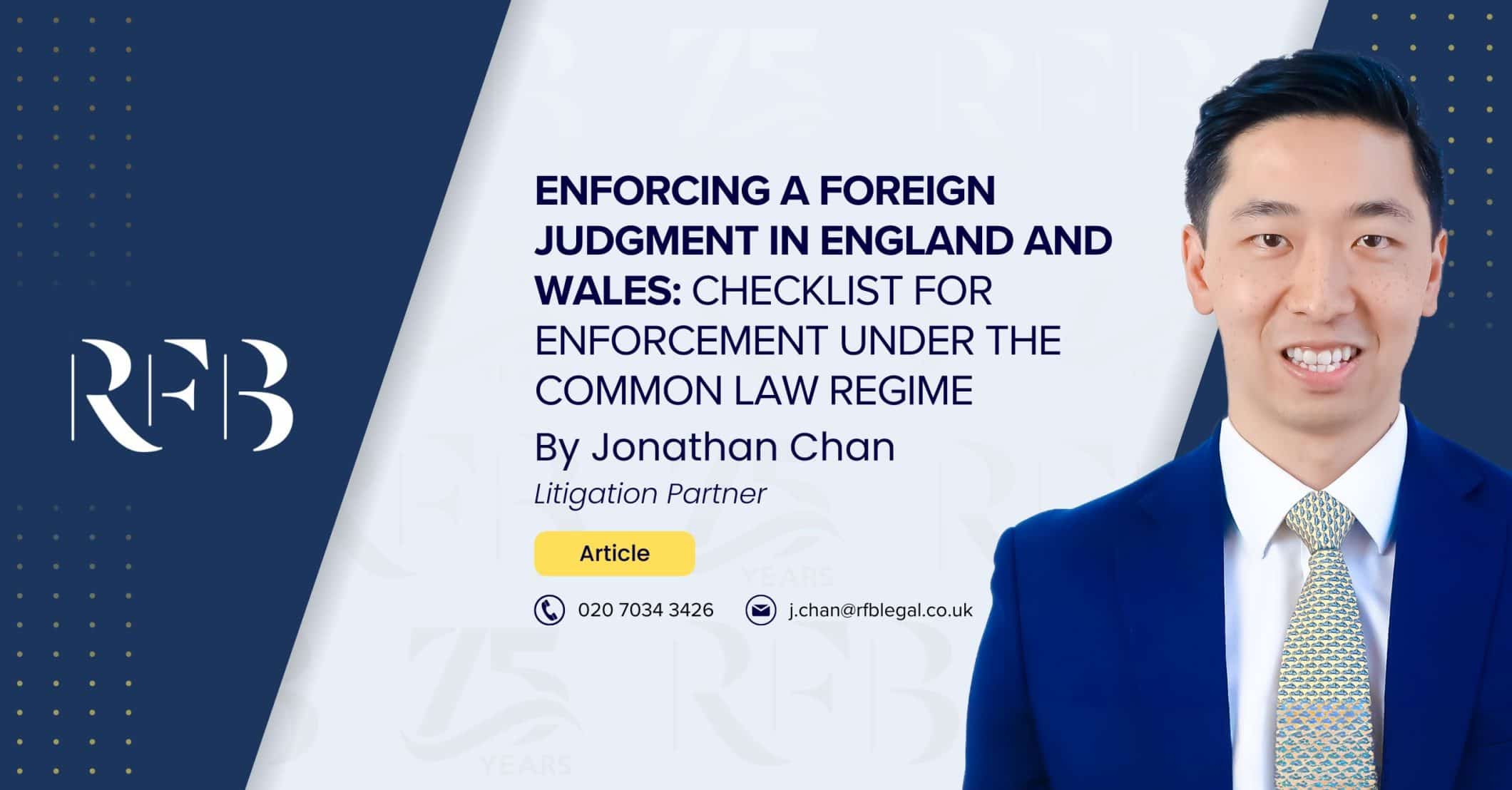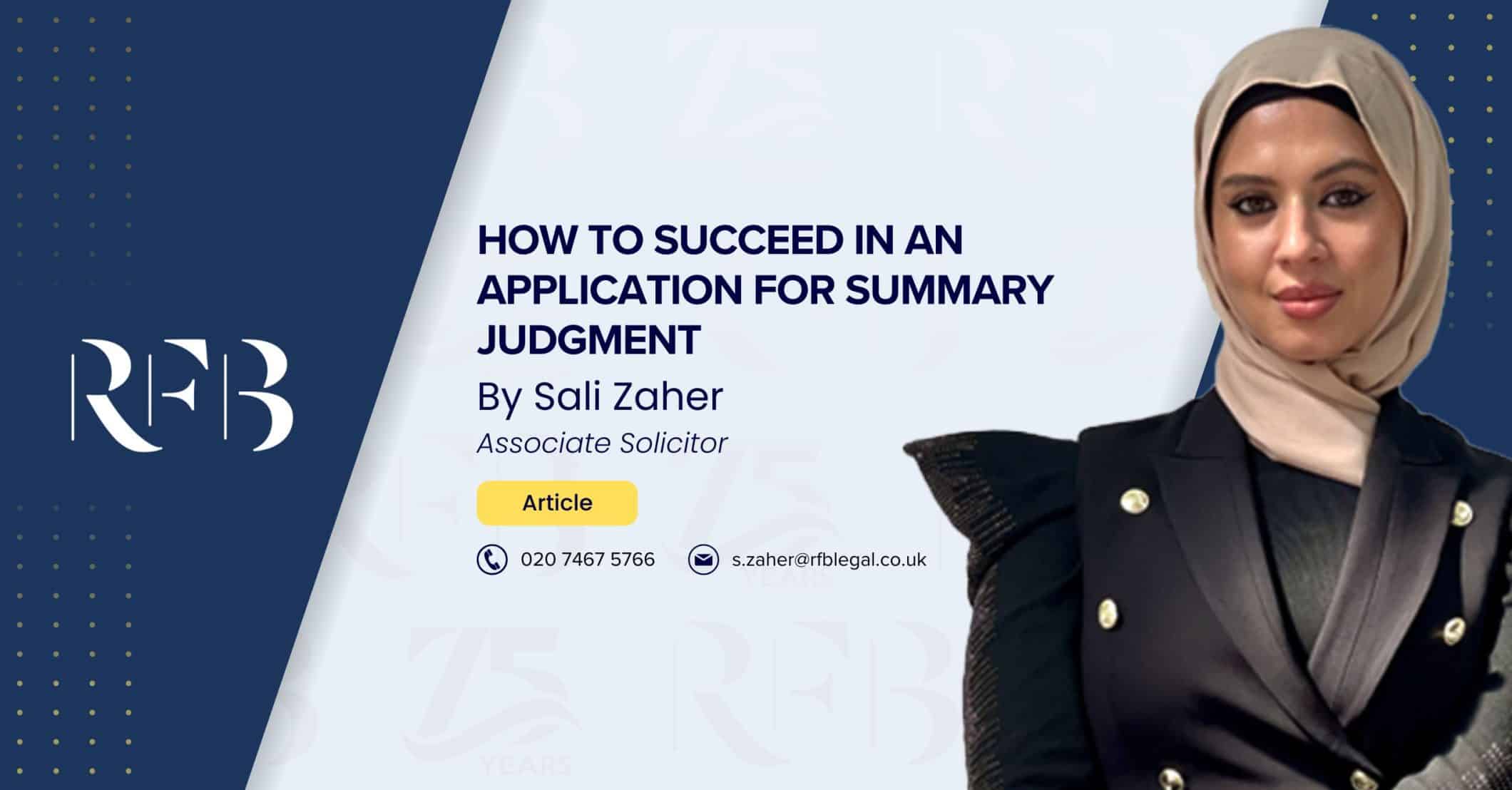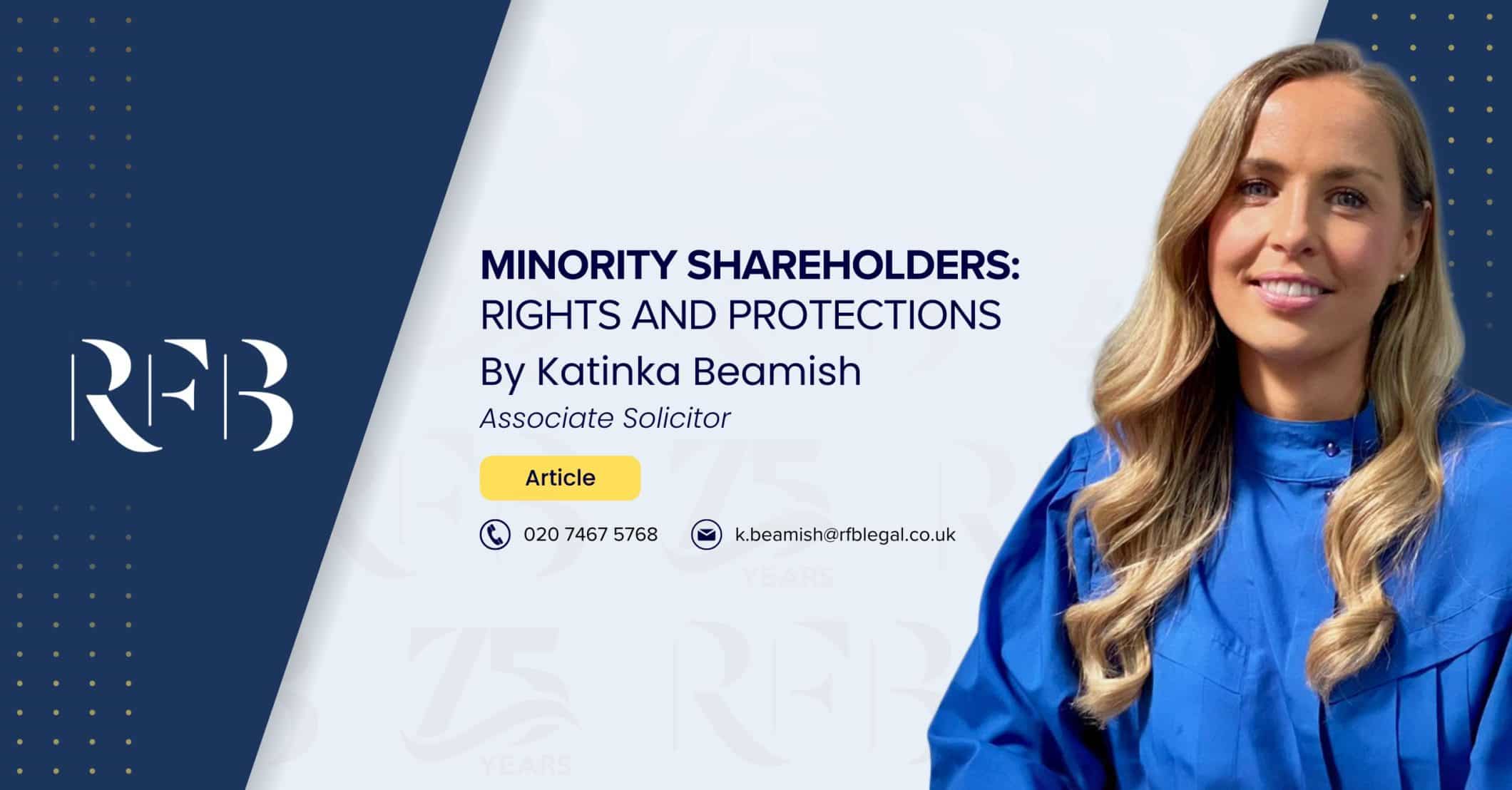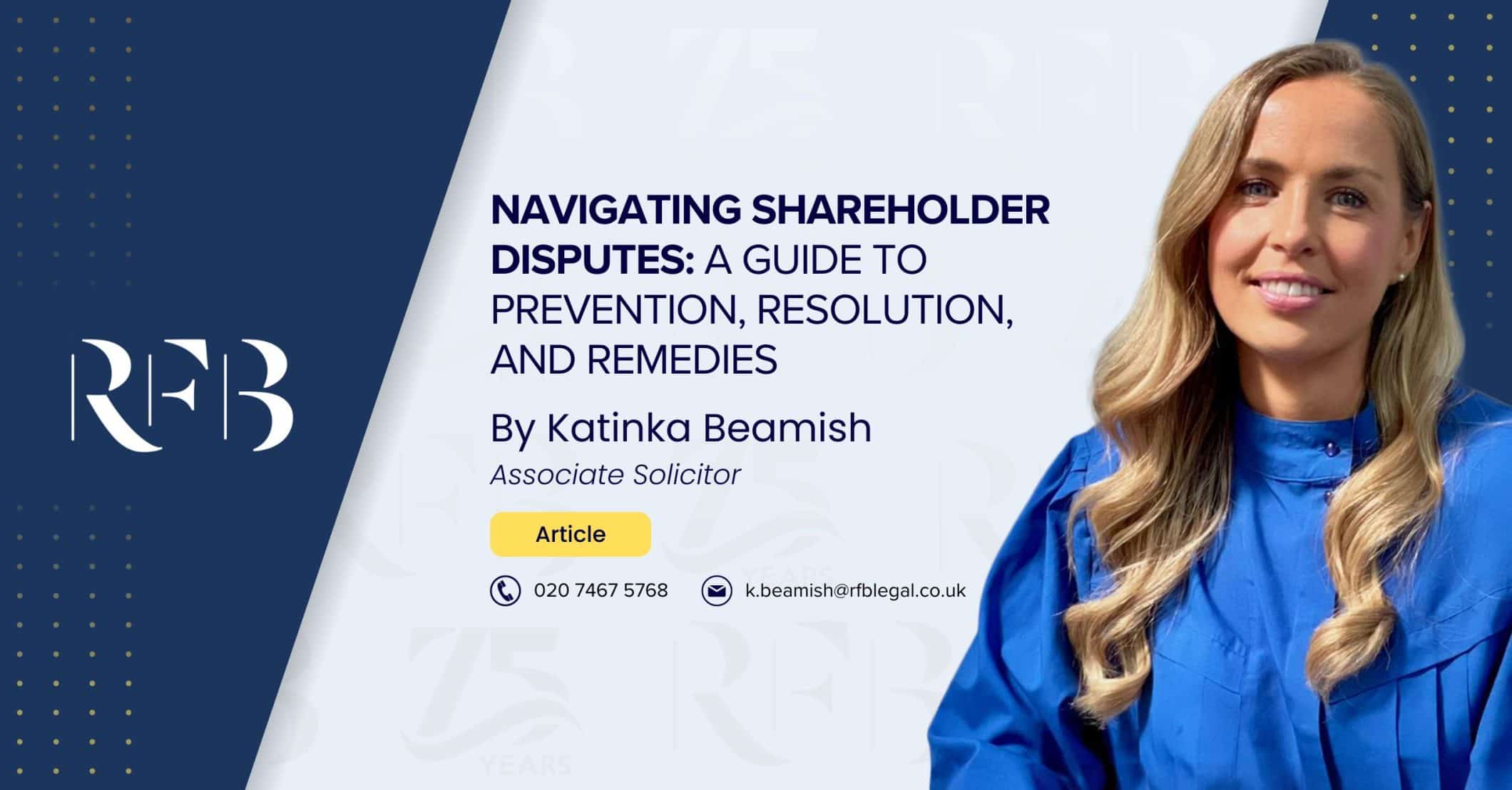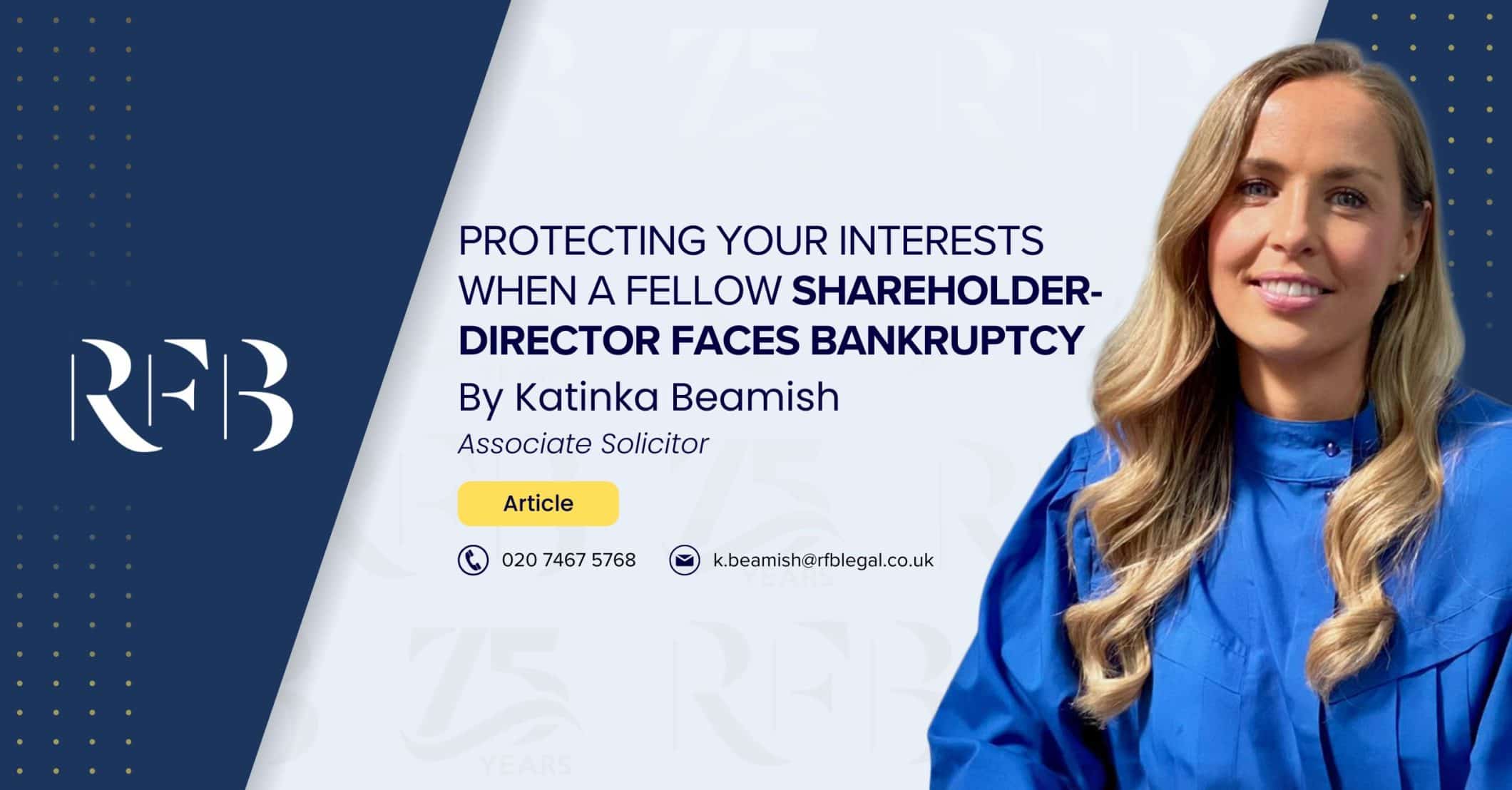Selling your shares in a private limited company can be a complex legal process, even when it concerns companies which are not trading. Inaccuracies in the target company’s records can, in particular, lead to delays and complications.
However, taking preparatory steps and identifying potential issues early on can help ensure that the transaction runs smoothly and efficiently.
This guide outlines key steps and considerations to have when deciding to sell your shares, and the purpose of typical transaction documents.
Key steps and considerations
1. Assembling your deal team
Engaging the right professionals early is crucial. A solicitor will:
- prepare heads of terms (setting out the main terms of the deal for both parties);
- review and prepare core documents;
- identify and resolve potential obstacles on the sale;
- advise on documents needed for due diligence; and
- manage confidentiality.
Your solicitor will need detailed information about the business, including its nature, assets, sale price, company shares, tax liabilities, and payment structure (e.g, deferred consideration). This helps plan the transaction and flag key issues.
You may also need an accountant to advise on financial and tax matters, including preparing financial statements for existing shares . Solicitors often collaborate with accountants during financial due diligence and can suggest accounting firms who are well versed in such transactions.
2. Your review and preparation of the essential documents
At the outset, the buyer’s solicitor will provide your solicitor with a wide range of due diligence enquiries for your response. This will usually cover operational, financial, and legal aspects of the target company. Important documents which a buyer will expect to receive include:
a) the company’s current articles of association – you should ensure that these are reflective of the current share structure and that they contain no obstacles to completion of the share sale;
b) the shareholders’ agreement– if you have a shareholders’ agreement in place, you should review this carefully for provisions which may restrict the sale of shares;
c) the registers which a private limited company is required to maintain and keep at its registered office address or Single Alternative Inspection Location (SAIL) for inspection, including:
- a. register of members: this must be kept up to date to clearly evidence ownership of the shares;
- b. register of directors: again, this must be kept up to date and show current and prior directorship;
- c. register of charges: this notes any charges which the company is subject to, and must be kept up to date; and
- d. register of persons with significant control (PSCs): kept up to date with individuals or entities which have significant influence and control over the company; and
d) original share certificates.
Organising these documents means that enquiries can be responded to quickly and efficiently. If the above documents are not updated or in place, it is beneficial to be aware of this early on so that your solicitor can suggest ways to overcome any issues or update documents as necessary.
It is also important to note that due to Companies House reforms (under the Economic Crime and Corporate Transparency Act 2023), there is increased scrutiny on limited company structures to be transparent. Certain aspects have not yet come into force, for example identity verification for directors and PSCs, however it is worth keeping these impending obligations in mind to avoid penalties and any adverse impact on a sale.
3. Preparing financial and operational documents
Depending on what the company’s business is (and has been previously), you will likely have other documents to prepare including:
a) accounts – these should be correct, up to date and filed at Companies House where appropriate;
b) management accounts, if any;
c) key contracts (for example contracts with customers, leases and supply agreements);
d) employee contracts and other documents/information relating to employees including pension information;
e) intellectual property ownership evidence – you should consider whether registrable rights are correctly registered, for example;
f) if the company owns or leases any real property, the relevant documents including any plans, leases and environmental reports;
g) the corporate group structure chart; and
h) charges, debentures and loan agreements.
Your solicitor can assist you in making sure that these documents are sufficient for the purposes of due diligence. Preparing these early means that you can get ahead of any issues and rectify them, for example correcting and filing company accounts.
Typically, where real property is involved (for example if the target company is a Special Purpose Vehicle (SPV)), a property solicitor will work closely with your corporate solicitor to ensure that property enquiries are responded to appropriately.
4. Understanding the share sale process and share buyback – key documents
Heads of terms
This sets out the key terms of the deal at the outset. This usually also covers confidentiality and exclusivity. Having heads of terms in place helps focus the minds of the parties and assists with negotiation.
Diligence raisonnable
As a seller, you should be prepared to answer detailed questions about the company, its operations and assets. This is often a time-consuming process, but it is important for the buyer to have a clear picture of the company so that the buyer can make an informed decision as to proceeding with the acquisition. The due diligence process often continues while the share purchase agreement is being negotiated and the buyer’s solicitor will likely have follow-up queries when reviewing what has been provided.
Share purchase agreement
This is the primary document and is a legally binding agreement which sets out the terms of the sale, including the sale price, adjustment mechanisms, warranties, indemnities, and restrictive covenants on the seller.
Disclosure letter
Your solicitor will prepare a disclosure letter on your behalf, qualifying the warranties given in the SPA with statements and exceptions. In the letter, the seller can specify general and specific exceptions to the assurances made by you in the SPA, therefore limiting your liability. For example, if there is a warranty in the SPA along the lines of ‘the Company has never been involved in any litigation’, but the company has been, the specifics of this should be clearly set out in the disclosure letter.
It is important to be thorough when reviewing the warranties made in the SPA so that the disclosure letter is as comprehensive as possible to best protect against any future liability.
Completion and post-completion
On completion, payment is made, and control of the company passes to the buyer. Post-completion filings will need to be made at Companies House including for any change in directorship and PSCs.
You should be cautious of any restrictions in place, for example non-compete clauses in the share purchase agreement which prevent you from taking certain actions. For example, not setting up a similar business in the area which the target company trades.
Your solicitor can guide you through these steps and will suggest practical solutions for completion.
5. Managing risk
The purpose of the inclusion of seller warranties and representations in the SPA, is generally for the buyer to shift some of its risk in the purchase of the shares back to the seller.
As a seller, it is therefore essential for your solicitor to limit this risk as far as possible. Your solicitor will consider this carefully throughout the negotiation of the transaction documents and will seek to ensure that:
- you are adequately disclosing against warranties in the SPA;
- the scope of warranties is limited where appropriate (for example, an assurance to the best of your knowledge)
There are terms in the SPA in respect of a buyer’s potential warranty claim, such as:
- a set time limit from completion in which a buyer can bring a claim e.g. 12 months from completion;
- the way in which a buyer must notify the seller of a claim;
- the maximum possible financial level of a claim (and claims together); and
- the minimum possible financial level for each claim.
As a seller, preparing and carefully reviewing company information and documents at the outset will refresh your knowledge of the current and previous activities of the company, especially as an existing shareholder . You will therefore be best placed to consider the terms of the transaction documents and ensure that your solicitor is notified of all circumstances to be disclosed.
How we can help
At Ronald Fletcher Baker, we have years of expertise in assisting clients selling their shares in the private equity sector .
We are well versed in guiding clients through the entire transaction process clearly at each stage and ensuring that the structure of the deal and its terms are in our clients’ best interests.
Contact our experts
If you are considering selling your shares, please get in touch with Olivia Crolla, Associate Solicitor: o.crolla@rfblegal.co.uk to discuss your requirements.




